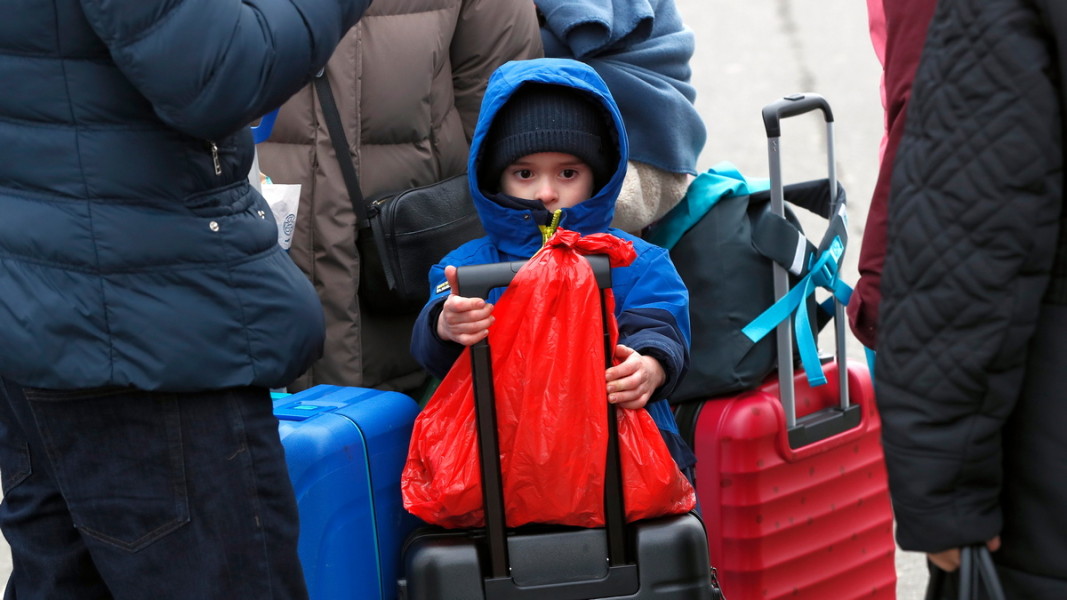On 2 March, the Bulgarian Industrial Association will hold a meeting with various industry organizations to express their problems before integrating labor market specialists among people from Ukraine. Business insists on easing the procedures for hiring Ukrainian refugees. The Minister of Innovation and Growth Daniel Lorer announced earlier that the necessary changes are already being worked on.
Veselin Iliev, General Director of International Economic Cooperation Center at BIA, commented on the topic:
"Currently, if a refugee from Ukraine has documents of Bulgarian origin, he can start work immediately, as long as he presents a lease agreement with an employer that is longer than six months.
In tourism and agriculture, seasonal work can be done for up to three months.
Bulgarian law gives the right to work without permission from the Employment Agency to those who have applied for protection, newcomers who do not fall into any of the previous categories and wait more than three months.
Those who receive or have prior status may register with employment offices without permission from the Employment Agency."
Change of normative documents
"On the website of BIA are listed the documents, which are not one or two. Tomorrow in BIA will be held a meeting and a discussion with branch organizations representing different sectors of the Bulgarian economy. We expect each of them to say what are the specific issues and problems facing them. "
"Many businesses will suffer from the war in Ukraine. Tourists from Ukraine and Russia together reach 800 000 to 1 million. According to rough estimates, the losses for the tourism sector will be at least 1 billion, if not more.
There are things that are not so much related to prices as to the fact that Russia and Ukraine are unique suppliers of some raw materials and parts for machinery and equipment and military products. For example, between 17 and 20 million a year are imported spare parts for airplanes and helicopters.
The main import of pallets in Bulgaria for combustion chambers comes from Ukraine.
Russia and Ukraine together are the most important grain suppliers in the region, and even a shortage is possible.
According to Business Europe's calculations, supplies of lithium from Russia meet more than 60% of the needs of the European market. It is mainly used for the manufacture of batteries. Thus, the entire EU strategy for electric mobility comes to a halt during the war.
The situation with nickel is even worse. 25% of Europe's needs come from Russia, and its stock market price has tripled in two days."






